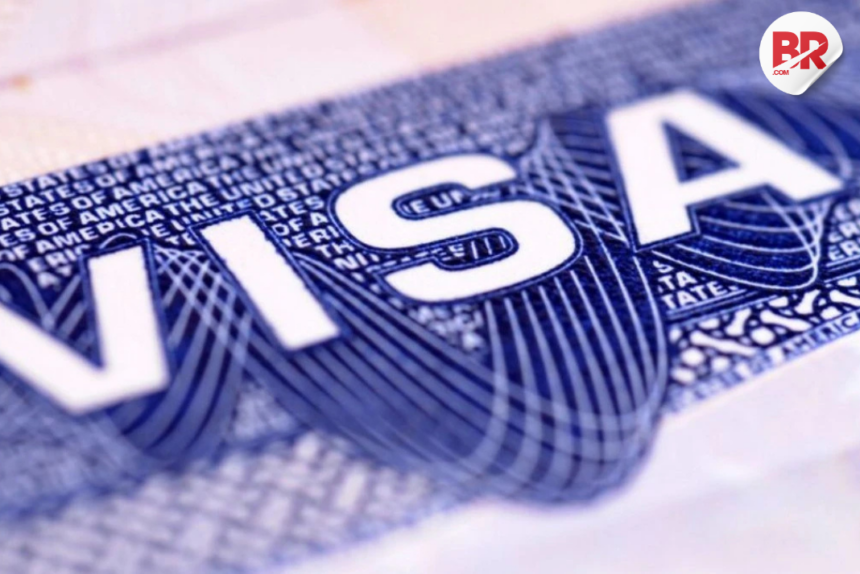
In a distressing turn of events, Chinmay Deore, an Indian student studying in the U.S., finds himself at the center of a legal battle following the revocation of his F-1 visa. He is not alone—three other international students, including individuals from China and Nepal, also saw their visas revoked under unclear circumstances.
These actions by the U.S. Department of Homeland Security (DHS) have sparked widespread concern within the international student community. Deore and his fellow students are now fighting back, taking legal steps to challenge the decision and regain their right to stay in the U.S.

The Shocking Visa Revocation
Chinmay Deore’s situation is every international student’s nightmare. His F-1 student visa, which allowed him to pursue higher education in the U.S., was suddenly revoked without warning or explanation.
He, along with other students from China and Nepal, was left stranded, unsure of why they were targeted.
The students have filed a lawsuit against DHS, claiming that their visas were revoked unlawfully. This case has drawn attention to the unpredictability of U.S. visa policies, leaving many wondering whether there is enough protection for international students.
A Call for Transparency in Visa Processes
The central issue in this case is the lack of transparency and due process in the visa revocation procedure. Deore and his peers argue that they were given no reason for their visa revocation, leaving them in a legal limbo.
This uncertainty makes it difficult for students to challenge the decision, as they don’t even know why it was made.
Their lawsuit seeks to not only overturn the revocation of their visas but also to push for more transparent and fairer procedures in the future.
Also Read: Harvard Faces Unprecedented Enrollment Drop as Trump Visa Actions Shake U.S. Higher Ed
What Does This Mean for International Students?
For international students in the U.S., the revocation of a student visa can mean more than just a change in academic plans.
It can disrupt their entire future—career opportunities, financial stability, and personal lives are all at risk. This case highlights the broader implications for the international student community, which has long relied on the stability of visa systems to build their futures in the U.S.
Without clear reasoning for visa revocation, students face a great deal of uncertainty, making it harder to trust that the system will fairly treat them.
Legal and Community Support for the Students
The legal battle has received support from various advocacy groups and legal experts. They argue that the lack of clear communication from DHS and the lack of a fair process is problematic and needs to change.
The students’ case could set a legal precedent, encouraging future reforms to ensure that all international students have a transparent process for visa issues.
The case has also sparked a conversation about the need for international students to have better legal protection in the U.S., so they are not left vulnerable to sudden, unexplained visa revocations.
Also Read: ‘Prove You’re in Love’: US Spouse Visa Process Now Feels Like an Interrogation
The Emotional Toll on Students
Beyond the legal and professional challenges, the emotional impact on students facing visa revocation is profound. For many, the sudden threat of deportation or the uncertainty about their future can lead to stress, anxiety, and feelings of hopelessness.
Deore and his fellow students are not only fighting a legal battle—they are also grappling with the emotional toll of being caught in an unpredictable situation.
The mental health consequences of this uncertainty are significant, as students are left in a state of constant anxiety about their academic and personal lives.
The Way Forward
The outcome of this case will be pivotal in shaping the future of U.S. visa policies for international students. If Deore and his peers succeed in their legal battle, it could lead to greater protections for international students and ensure that visa revocations are handled in a more transparent and fair manner.
However, even if the case does not lead to sweeping changes, it has already opened up an important dialogue about the need for a more predictable and fair system for all international students in the U.S.
Also Read: Why Did the Trump Administration Revoke Indian Scholar “Ranjani Srinivasan’s Visa”?












